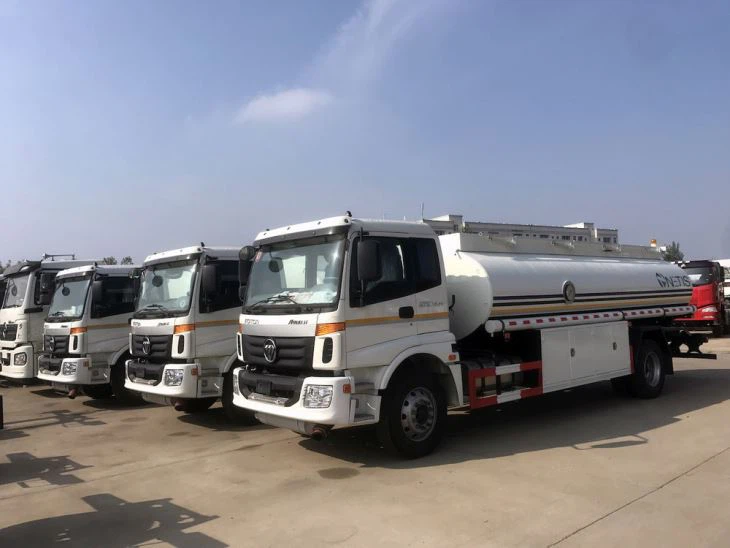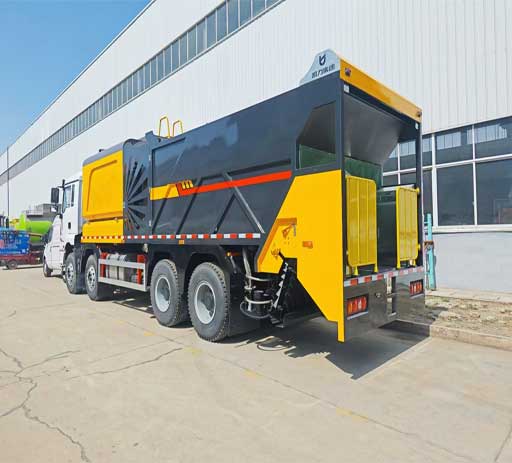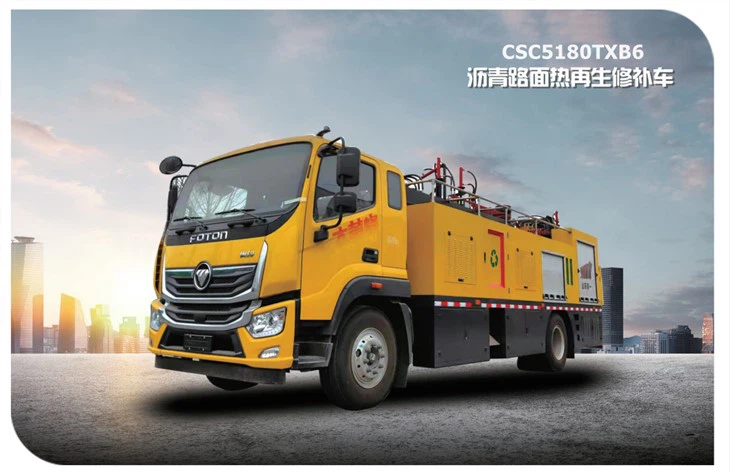Dumpster Trucks for Sale: A Complete Buying Guide

Introduction
When it comes to waste management and hauling services, dumpster trucks play a pivotal role. As businesses and municipalities aim to improve their waste disposal processes, the demand for dumpster trucks for sale has surged. Whether you’re a contractor, a waste management professional, or a business owner looking for greater efficiency, understanding the ins and outs of dumpster trucks is essential. In this article, we will delve into various aspects of dumpster trucks, exploring types, features, cost considerations, and tips for making an informed purchase.
Understanding Dumpster Trucks
Dumpster trucks, also known as refuse trucks or waste collection vehicles, are specially designed trucks equipped to transport waste materials in various sizes of dumpsters. They vary in design, functionality, and capacity, catering to a wide range of commercial, industrial, and residential needs.
Types of Dumpster Trucks
Choosing the right type of dumpster truck is crucial for operational efficiency. The main categories include:
1. Rear Loaders
Rear loader trucks feature a rear-mounted waste compartment. Workers typically load the waste through the back, making these trucks ideal for residential garbage collection. They have various sizes to accommodate different amounts of waste.
2. Front Loaders
Front loader trucks are designed to pick up dumpsters from the front. These trucks often serve commercial clients and are well-suited for properties that use larger, containerized waste disposal systems.
3. Side Loaders
Side loader trucks are excellent for automated collection. They have a side-mounted mechanism that allows them to pick up bins with minimal manual labor, fitting well into urban environments with tight spaces.
4. Roll-off Trucks
Roll-off trucks are specifically created for handling large containers or roll-off dumpsters. They are commonly used for construction debris and heavy waste management.
Key Features of Dumpster Trucks
When searching for dumpster trucks for sale, consider the following critical features:
1. Capacity
Dumpster trucks come in various capacities, typically ranging from 10 to 30 cubic yards. Assessing how much waste you’ll need to transport regularly is vital when choosing a truck size.
2. Lift Mechanism
The lift mechanism plays a significant role in the efficiency of loading. Look for trucks with hydraulic systems that can handle heavy bins without compromising safety or efficiency.
3. Features for Safety and Compliance
Safety features, such as rear-view cameras and backup alarms, are crucial. Also, check for compliance with local environmental regulations and standards.
4. Durability and Build Quality
Considering the harsh conditions these trucks often face, their build quality is paramount. Look for trucks made with high-quality materials that can withstand wear over time.
Cost Considerations
The price range for dumpster trucks can vary widely based on several factors:
1. New vs. Used Trucks
Deciding between a new or used dumpster truck is a significant consideration. New trucks can range from $150,000 to over $300,000, while used models might be available for $30,000 to $100,000, depending on their condition and mileage.
2. Maintenance Costs

Maintenance can add significant long-term costs to your investment. Make sure to consider service history, warranty options, and ongoing maintenance needs when evaluating potential purchases.
3. Financing Options
Many dealers provide financing options for dumpster trucks. Understanding your financing options can unlock greater opportunities for obtaining the truck you need within your budget.
Financing Options Table
| Option | Description |
|---|---|
| Leasing | Pay a monthly fee to use the truck for a specified period. |
| Loan | Obtain a loan to buy the truck, making monthly payments until the loan is repaid. |
| Cash Purchase | Buying outright can save on interest fees and provide immediate ownership. |
Where to Buy Dumpster Trucks
Finding reliable sources to purchase dumpster trucks is crucial. Here are the main options:
1. Dealerships
Authorized dealerships offer brand new dumpster trucks and sometimes used options. They may provide warranties and servicing plans that are beneficial over time.
2. Online Marketplaces
Websites like eBay, Craigslist, and specialized vehicle auction sites provide listings for both new and used dumpster trucks. Make sure to verify the seller’s reputation before making any transactions.
3. Auctions
Government and industry auctions can be a great place to find used dumpster trucks at reduced prices. However, be sure to inspect the vehicles before bidding.
4. Local Contractors
Sometimes, local contractors sell their older models when upgrading. Networking within the local contractor community can yield excellent offers.

Tips for Evaluating Dumpster Trucks
Conducting a thorough evaluation is necessary to avoid hassles after purchase. Here are some practical tips:
1. Test Drive
Always take the truck for a test drive. Pay attention to engine performance, brakes, and overall handling to ensure it meets your expectations.
2. Inspect the Truck
Look for signs of wear and tear, inspect the undercarriage, check for rust, and make sure the lift mechanism operates smoothly.
3. Review Maintenance Records
Checking the maintenance history can provide information on how well the truck has been cared for and alert you to potential issues.
4. Consider Mileage
Lower mileage is generally preferable, but don’t overlook older models with high mileage if they have been well-maintained.
Maintenance Tips for Dumpster Trucks
Proper maintenance can extend the lifespan and reliability of your dumpster truck. Here are some essential maintenance tips:
1. Regular Oil Changes
Changing the oil according to the manufacturer’s recommendations prevents engine wear and keeps it running smoothly.
2. Check Tire Conditions
Keep tires inflated to the correct pressure and regularly check for wear. Replace tires that are bald or damaged.
3. Brake System Maintenance
Regularly inspect the brake system to ensure safety. Replace brake pads and discs as needed to prevent failure.
4. Schedule Routine Servicing
Establish a routine service schedule with a trusted mechanic who specializes in heavy vehicles. This will help catch any issues early.
Compliance and Regulations
Understanding local regulations is vital for operating a dumpster truck legally. Here are a few considerations:
1. License and Permits
Ensure the truck driver has the necessary commercial driver’s license (CDL) to operate a dumpster truck. Additionally, check for local permits required for waste collection.
2. Environmental Regulations
Familiarize yourself with environmental regulations regarding waste management in your area to remain compliant and avoid fines.
3. Safety Standards
Compliance with safety standards is paramount. Ensure the vehicle and operations adhere to OSHA and other local safety guidelines.

Frequently Asked Questions (FAQs)
1. What is the average lifespan of a dumpster truck?
The average lifespan of a dumpster truck can be between 10 to 15 years, depending on usage, maintenance, and build quality.
2. How much weight can a dumpster truck carry?
Most dumpster trucks can carry between 10 to 30 tons, but this can vary by model and configuration.
3. Are there financing options available for buying dumpster trucks?
Yes, many dealers offer financing options including loans, leasing, and possible trade-in offers to make purchasing easier.
4. Can I convert a standard truck into a dumpster truck?
While it’s possible to modify a standard truck for dumpster hauling, it requires expert knowledge and adherence to safety regulations.
5. How often should I service my dumpster truck?
Regular servicing is recommended every 5,000 to 10,000 miles, or as per the manufacturer’s guidelines to ensure optimal performance.
6. Where can I find cheap dumpster trucks for sale?
Consider looking at government auctions, online marketplaces, and local contractors for potential deals on used dumpster trucks.
